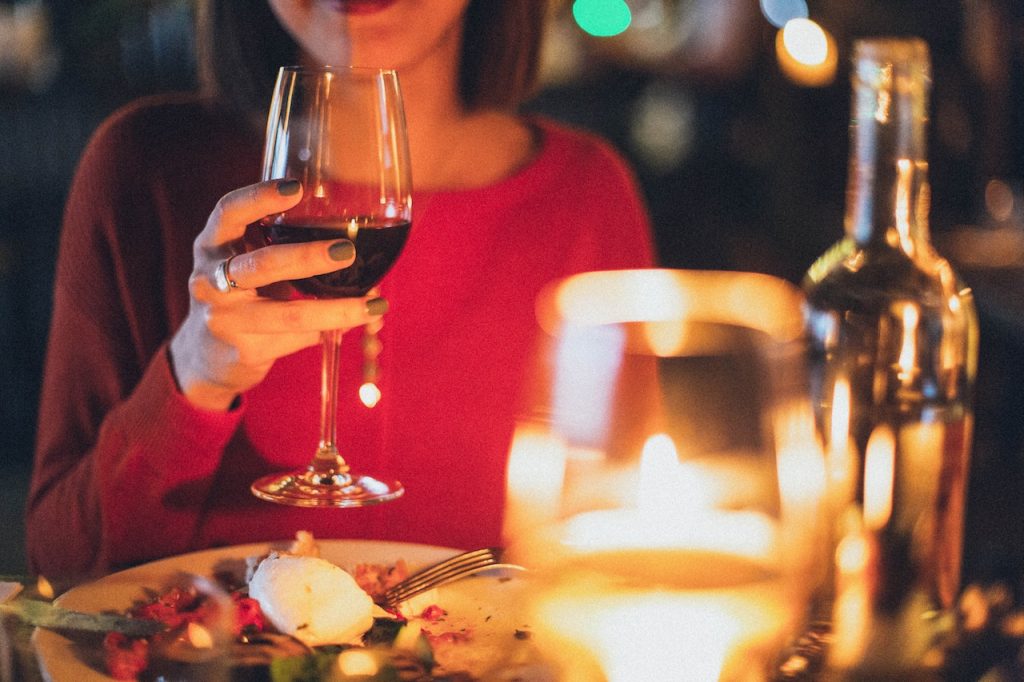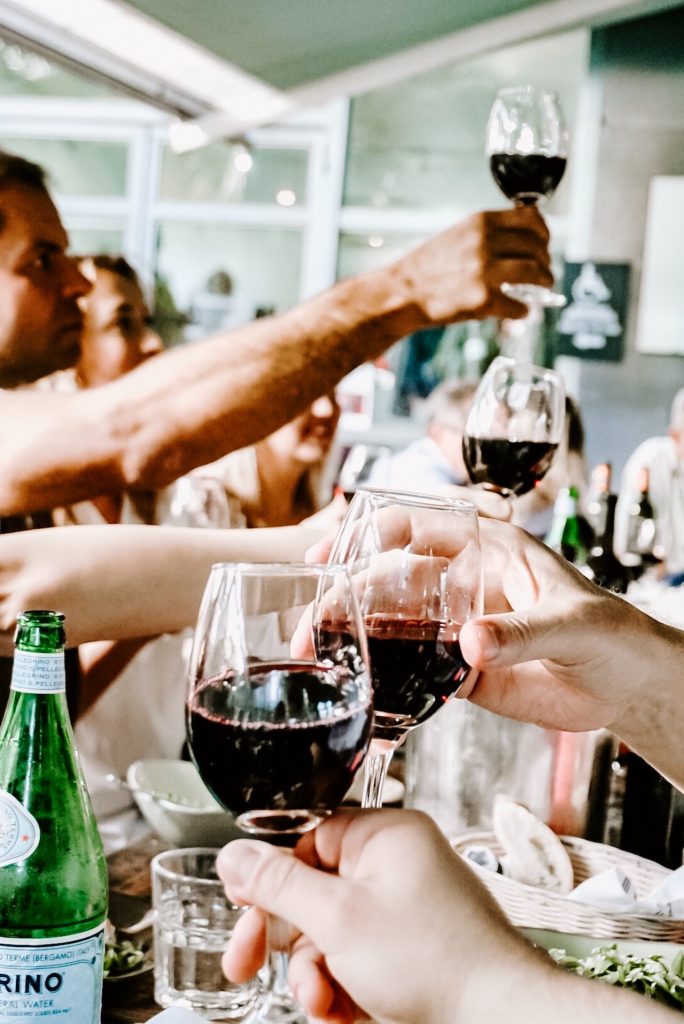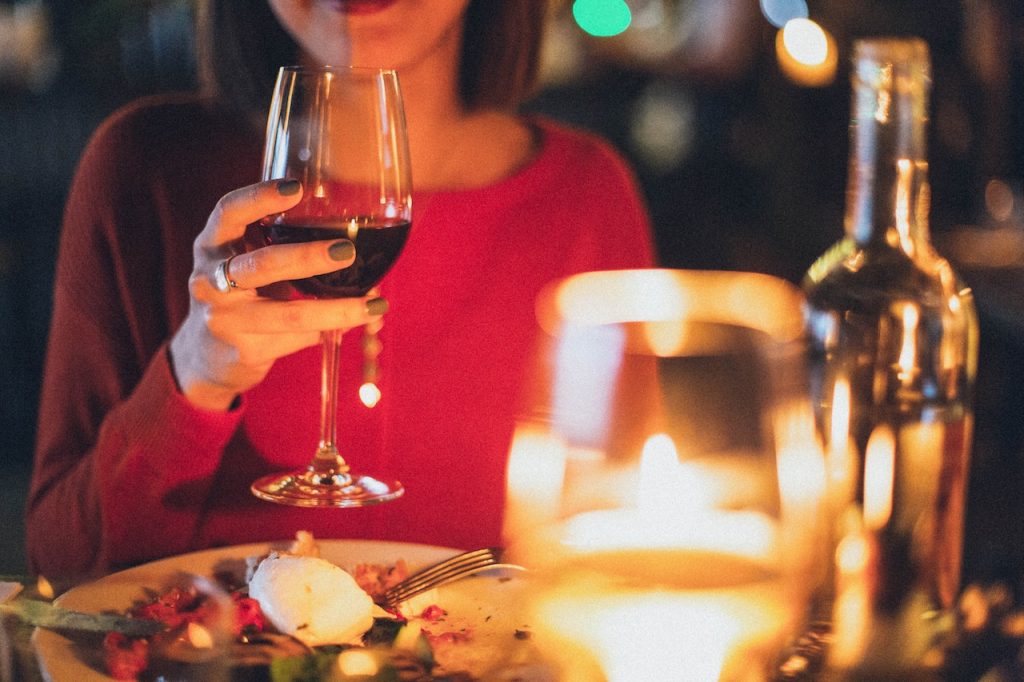Liquor liability insurance is a type of insurance that protects businesses from the financial losses and liabilities associated with serving alcohol. It is important for restaurants to have this type of insurance because they are at a high risk of being sued for alcohol-related incidents.

Understanding Liquor Liability Insurance.
Liquor liability insurance covers claims arising from accidents, injuries, property damage, or other harm caused by intoxicated individuals. This includes claims for medical expenses, lost wages, pain and suffering, and property damage.
Risks Faced by Restaurants Serving Alcohol
Restaurants face a number of risks when serving alcohol. These include:
- Overserving: Overserving alcohol to an intoxicated individual can lead to accidents, injuries, and property damage.
- Underage drinking: Serving alcohol to a minor is illegal and can result in a lawsuit.
- Irresponsible alcohol-related behavior: This includes things like fighting, disorderly conduct, and public intoxication.
Potential Consequences of Overserving, Underage Drinking, or Other Irresponsible Alcohol-Related Behavior
The potential consequences of overserving, underage drinking, or other irresponsible alcohol-related behavior can be severe. These include:
- Financial losses: Restaurants can be sued for the cost of medical expenses, lost wages, pain and suffering, and property damage caused by intoxicated individuals.
- Damage to reputation: A restaurant that is known for overserving alcohol or serving alcohol to minors can suffer damage to its reputation. This can lead to a loss of customers and revenue.
- Legal liability: Restaurants can be held legally liable for the actions of intoxicated individuals who are served alcohol on their premises. This can include fines, penalties, and even imprisonment.
Choosing a Liquor Liability Insurance Policy
When choosing a liquor liability insurance policy, it is important to consider the following factors:
- Coverage limits: The coverage limits should be high enough to cover the potential financial losses that could result from an alcohol-related incident.
- Exclusions: The policy should not have any exclusions that would prevent it from covering a specific type of alcohol-related incident.
- Retroactive dates: The policy should have a retroactive date that is as early as possible. This will ensure that the policy covers any alcohol-related incidents that occurred before the policy was purchased.
- Policy endorsements: Policy endorsements can be added to the policy to provide additional coverage, such as coverage for business interruption or cyber extortion.
It is important to work with a reputable insurance provider that specializes in liquor liability insurance when choosing a liquor liability insurance policy.

Conclusion
Liquor liability insurance is an important tool for protecting restaurants from the financial losses and liabilities associated with serving alcohol. In addition to purchasing liquor liability insurance, restaurants should also implement responsible alcohol service practices to help mitigate the risk of an alcohol-related incident. By taking these steps, restaurants can help to protect their business and their customers.
Responsible Alcohol Service Practices
Restaurants can implement a number of responsible alcohol service practices to help mitigate the risk of an alcohol-related incident. These practices include:
- Checking identification: Restaurants should check the identification of all customers who appear to be under the age of 21.
- Monitoring customers: Servers and bartenders should monitor their customers for signs of intoxication.
- Cutting off customers: Servers and bartenders should cut off customers who are showing signs of intoxication.
- Providing food and water: Restaurants should provide food and water to customers who are drinking alcohol.
- Creating a safe environment: Restaurants should create a safe environment for their customers by providing adequate lighting and security.
By implementing these responsible alcohol service practices, restaurants can help to reduce the risk of an alcohol-related incident and protect their business and their customers.
IX. Compliance with Alcohol Laws and Regulations
It is important for restaurants to comply with local and state alcohol laws and regulations. These laws and regulations vary from state to state, so it is important for restaurants to be familiar with the laws and regulations in their jurisdiction.
Some of the key areas of compliance include:
- Checking identification: Restaurants are required to check the identification of all customers who appear to be under the age of 21.
- Monitoring customers: Servers and bartenders should monitor their customers for signs of intoxication.
- Cutting off customers: Servers and bartenders should cut off customers who are showing signs of intoxication.
- Providing food and water: Restaurants should provide food and water to customers who are drinking alcohol.
- Creating a safe environment: Restaurants should create a safe environment for their customers by providing adequate lighting and security.
By complying with alcohol laws and regulations, restaurants can help to protect themselves from legal liability and protect their customers.
Liquor liability insurance can help restaurants to meet legal requirements and protect their reputation.
Liquor liability insurance can help restaurants to meet legal requirements by providing coverage for legal fees and settlements in the event of a lawsuit. Liquor liability insurance can also help to protect a restaurant’s reputation by providing coverage for the cost of public relations and advertising expenses in the event of a negative publicity event.
Conclusion
Liquor liability insurance is an important tool for restaurants that serve alcohol. In addition to complying with alcohol laws and regulations, restaurants should also implement responsible alcohol service practices and consider purchasing liquor liability insurance. By taking these steps, restaurants can help to protect their business and their customers.
Here are some key takeaways:
- Liquor liability insurance can help restaurants to protect themselves from the financial losses and liabilities associated with serving alcohol.
- Restaurants should implement responsible alcohol service practices to help mitigate the risk of an alcohol-related incident.
- Restaurants should comply with local and state alcohol laws and regulations.
